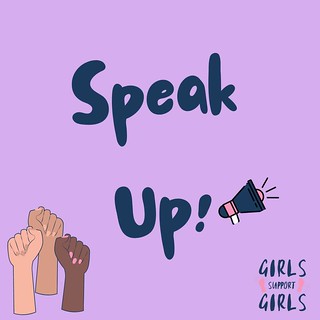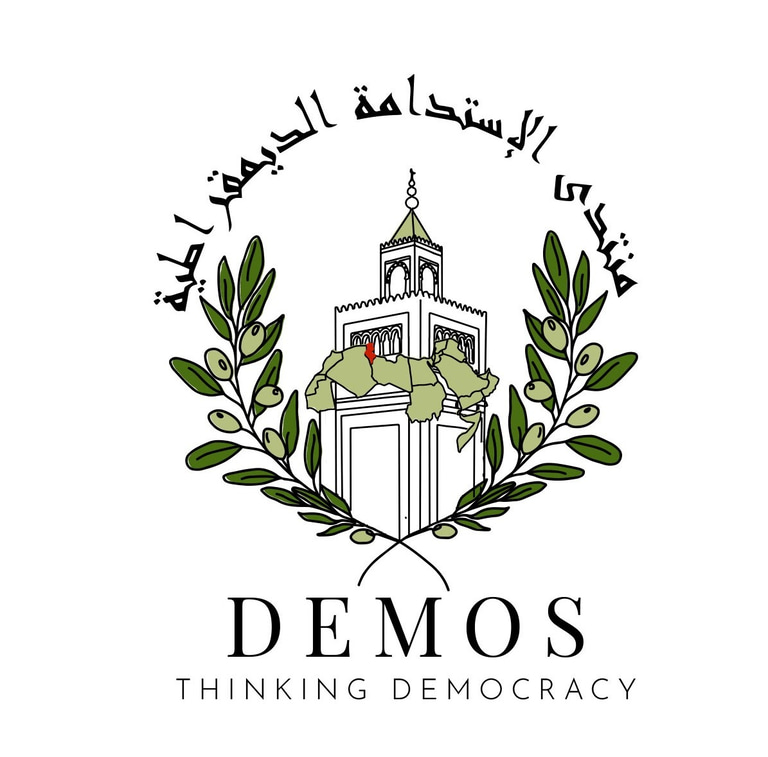The Paradox of Recognition and Exclusion: Egyptian Women in Public Space
Shimaa El Sharkawy
May 5, 2025
More than 14 years have passed since the eruption of the Egyptian revolution in 2011, a moment that saw unprecedented participation of women in protests, political organizing, and demands for social justice, democratization, and human dignity. Women were at the core of the uprising, not only in mobilizing against Hosni Mubarak’s regime but also in shaping visions for a more inclusive and democratic Egypt.
However, despite their crucial role in the revolution, women soon found themselves demoted in the post-Mubarak political landscape, facing systemic exclusion, gendered violence, and legal restrictions.
Women’s Contested Space in Post-2011 Egypt
This article examines the contradictions of women’s participation in Egypt’s public space after 2011. While the revolution initially opened new possibilities for feminist activism and autonomous organizing, the succeeding years saw a decay in women’s rights, marked by state repression, sexual violence, and restrictive laws. It draws on feminist theory, particularly Nancy Fraser’s framework of recognition and justice, in which she argues that justice requires not only the fair distribution of material resources but also the equal recognition of cultural and social identities.
This analysis tries to tackle how women’s bodies and identities became contested spaces of political control and resistance, as Lauren Baker mentioned in her research on gender politics in Egypt. It also sheds light on some of the structural obstructions that continue to hinder women’s full inclusion in Egypt’s public and political life.
The 2011 uprising was a pivotal moment for women’s political involvement. Many reports at the time suggested that women constituted up to 50% of protesters in Tahrir Square, defying traditional gender roles and asserting their right to public space. Their presence was not merely figurative; women organized medical aid stations, led chants, documented human rights abuses, and negotiated with security forces.
Yet, women’s presence and existence was costly for them. Almost instantly after Mubarak’s ouster, women were dismissed from formal political processes. The Supreme Council of the Armed Forces (SCAF), which assumed interim power, excluded women from constitutional negotiations and referendum discussions. Moreover, women protesters became targets of state-sanctioned sexual violence: for instance, measures such as "virginity tests" imposed on female detainees to intimidate activists, as well as mass sexual assaults in Tahrir Square, often orchestrated by regime-aligned groups.
Spaces of Action, Despite Limitations
These strategies perpetuated a patriarchal narrative, insisting that women belonged not in politics but in the domestic realm, in accordance with traditional norms. In response, in the brief period of political openness following Mubarak’s fall, new feminist groups emerged, advocating for gender justice, legal reforms, and anti-harassment legislation.
For example, organizations that focused on countering harassment, Operation Anti-Sexual Harassment (OpAntiSH) and HarassMap, gained prominence. Independent women’s rights initiatives grew and covered multiple aspects of women’s participation in political and economic life. Organizations or initiatives included Nazra for Feminist studies, as well other women’s groups that engaged in work on local councils and socioeconomic empowerment for women.
However, this progress was short-lived. The regime later on enacted laws restricting civil society. In 2019 the Egyptian Parliament passed the final draft of Law Number 149, the Law Governing the Pursuit of Civil Work (commonly referred to as the NGO Law). The law has placed severe restrictions on funding for CSOs, forced them to undergo registration with the Ministry of Social Solidarity, placed several prohibitions on the kind of activities they could engage in, and gave the Minister of Social Solidarity the right to halt their activities or dissolve them.
This has forced many feminist groups to operate underground or to disband. Even reformist organizations, those not directly challenging the state, faced surveillance, funding freezes, and legal harassment. Furthermore, there was a dispersal of an anti-feminist rhetoric framed women’s rights as "Western imports," pushing issues like sexual harassment out of political discourse.
Nancy Fraser’s “Recognition” in Egypt
Egyptian women’s post-revolution struggles clearly exemplify the significance of Fraser’s concept of recognition. The state’s repression reflects misrecognition, where women’s political identities are delegitimized. Meanwhile, economic marginalization (lack of labor rights, unequal pay) intersects with cultural oppression.
Fraser's theory also draws attention to the limitations of affirmative remedies (such as token female participation in government) in contrast to transformational justice (tearing down patriarchal systems). Egypt's post-2011 policies hindered structural transformation while supporting cosmetic inclusion (relying on the existence of women despite their ideas). Even with legislative developments in the years since 2011, women in Egypt continue to encounter structural hindrances to participation. Even though gender equality is guaranteed by the 2014 constitution, social principles frequently deter women from actively participating in public space.
Despite repression, Egyptian women continue to reclaim space, for example, through digital activism. In Egypt there are many groups, especially on Facebook, that do not engage in politics explicitly; however, they play a major role in engaging women from different generations on different issues directly linked to women’s lives and welfare. One example among others began in 2020, with a wave of online activism against sexual harassment and sexual assaults. This has resulted in the creation of some long-term online initiatives, the most prominent of might be the “Speak-Up Initiative” which provides a safe space for victims of sexual violence to come forward anonymously. Since its inception, the initiative has launched a few successful campaigns against perpetrators of violence, and has also become prominent on social media for raising awareness on women’s rights issues.
Despite the many limitations on women’s presence and recognition in Egypt’s public sphere, Egyptian women have relentlessly fought to claim their space and agency, not just in the political realm, but in every aspect of their lives. Though their struggle has faced setbacks and evolved through different phases, it remains unbending and persisting until women achieve the full recognition they deserve.
Shimaa El Sharkaway is a Doctoral candidate in Political Science at Cairo University (FEPS), researching city transformations and identity politics in Arab novels, with an MSc thesis on literature as a source of political thought in Egypt. As a Researcher/Programs Manager at Arab Forum for Alternatives (Beirut), she brings 12+ years of expertise in research, policy training, and project coordination. Her research interests are urban politics, democratization, civil society, and literature-politics intersections—reflecting a commitment to advancing political science through interdisciplinary and practical engagement in governance, social movements, and policy analysis.
The views expressed or implied in this article are solely those of the author and do not necessarily reflect the views or positions of Demos Tunisia-Democratic Sustainability Forum.


